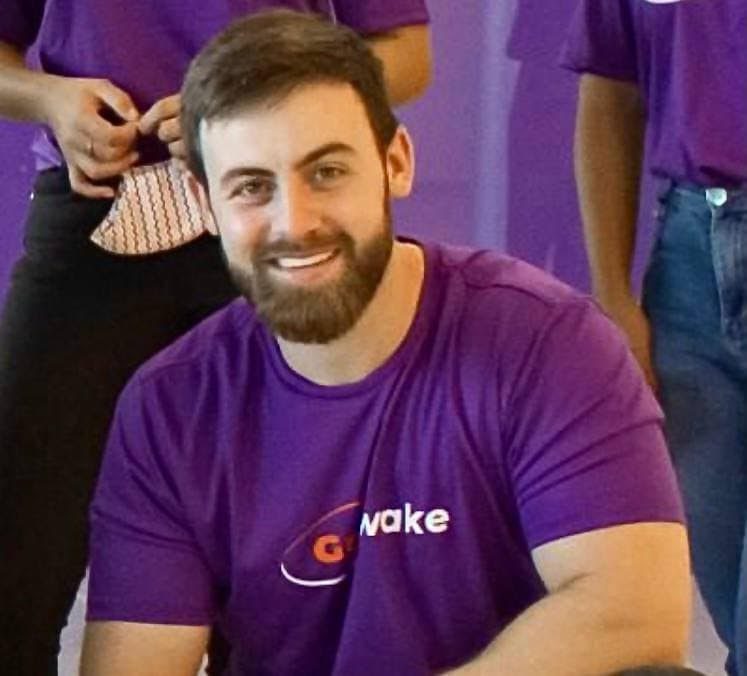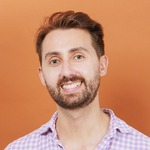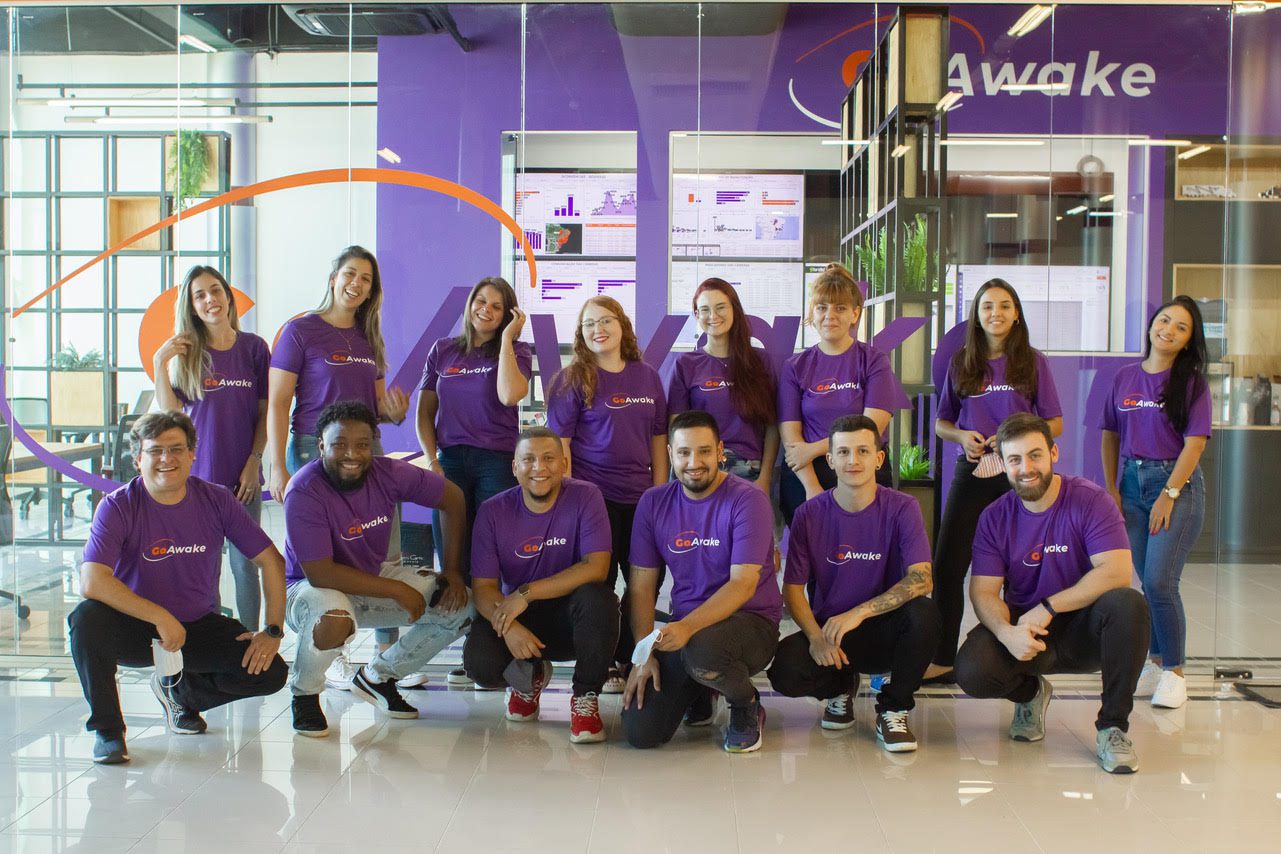Have you ever been tempted to check your text messages while driving? Ever felt drowsy driving home from a Miami tech event?
You’re definitely not alone. But driving impaired can lead to deadly consequences. More than 3,000 Americans were killed by distracted drivers in 2019, and another 700 died in drowsy-driving-related crashes.
One Brazilian-turned-Floridian startup aims to change that. GoAwake has developed a device that tracks fleet drivers’ behavior in real time, detecting drowsiness and distractions like cell phone use.
The onboard device is equipped with a camera that analyzes the driver’s eyes, nose, and face. It then uses artificial intelligence and machine learning to determine whether the driver is drowsy or distracted. It emits alerts in real time, reminding drivers to keep their eyes on the road and notifying managers, all in the hopes of mitigating risk both in the moment and the long run.
GoAwake was founded in Brazil two years ago. The company employs 35 people in Brazil and counts some of Brazil’s biggest trucking and mining fleets as clients, including Vale, Suzano, and Mosaic.
But in America, GoAwake is in full startup mode. “There are two of us in the US right now,” explained Felipe Piccoli, General Manager for GoAwake’s US business. Alongside Piccoli is CEO André Ribeiro.

Early this year, the duo was accepted into the Global Ventures program based at Florida Atlantic University’s Research Park in Boca Raton. Through the program, Piccoli and Ribeiro hope to scale their business up in the US market.
“They’re helping us a lot,” Piccoli told Refresh Miami. He said the FAU team has lent a hand with everything from finding a place to stay to navigating the US legal system.
GoAwake is now developing an app that is going to run the same algorithms as the onboard device. “This solution will help keep people safe, and give them a better insurance premium,” said Piccoli. They plan to offer the app to consumers for free: “We’re not going to charge because it is something that will save lives.”
“We arrived in the US in January and hope to stay forever,” Piccoli said. The GoAwake team has already started working with interns from FAU’s National Science Foundation-funded Center for Advanced Knowledge Enablement and is currently hiring a sales team. Piccoli hopes that a solid team of business development professionals will help the company overcome the linguistic and cultural barriers to selling products in the US compared to Brazil.
In many ways, the learning curve has been steep. “In Brazil, a product demo can easily take one and a half hours. Here you have fifteen minutes to show your solution. We had to cut from around 115 slides to 15.”
Despite these challenges, Piccoli said that he has already gleaned some important lessons from American business culture. “Projects are more organized here. People plan projects more. In Brazil, you architect projects as you go.”
Piccoli praised the efforts of groups like Tech Hub South Florida and the Research Park, which have both worked as a conduit for getting involved in the local tech ecosystem. “When I arrived, I didn’t know where to find the startup community,” he said, explaining that those groups have helped him find communities of entrepreneurs in our region.
Click here to learn more about job opportunities at GoAwake.
- Brought together by tech, kept together by culture: Miami’s protagonistic role in LatAm’s startup story - April 15, 2024
- New World Angels launches Innovation Fund to write pre-seed checks - April 12, 2024
- Sortium scores $4M to pioneer the future of game production (hint: it’s web3 and AI) - April 11, 2024





